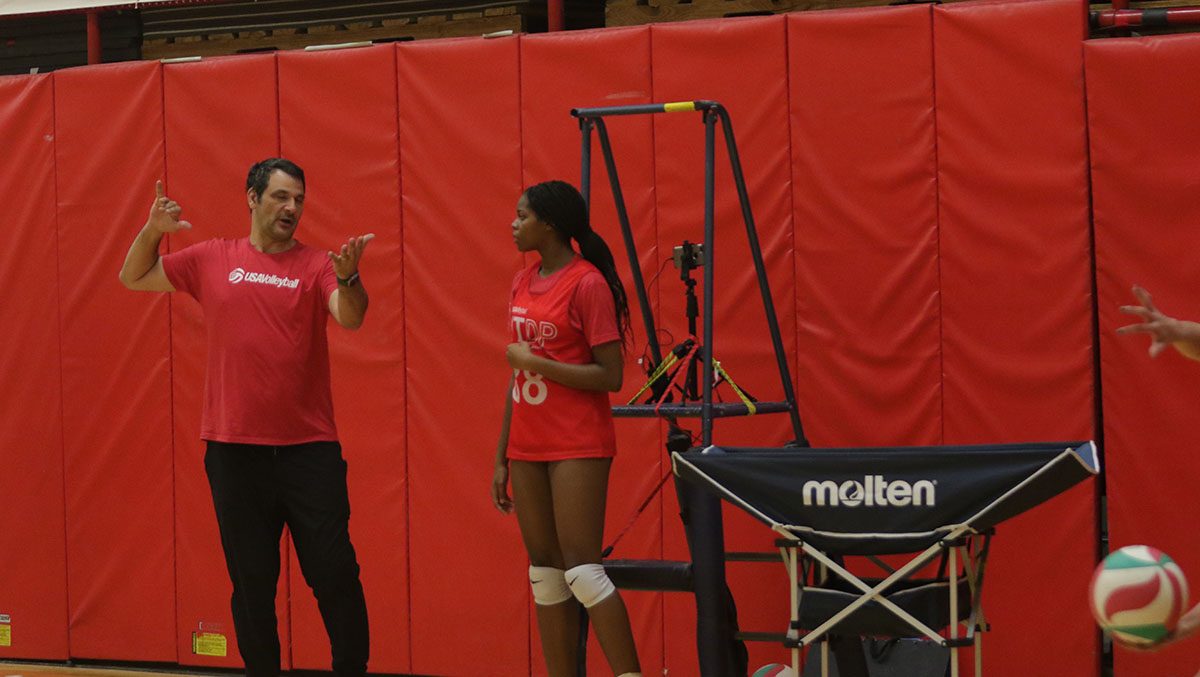
Set Goals That Really Matter
As a volleyball coach, you play a large role in your athletes’ lives, and helping them set realistic, meaningful goals as a team and as individuals is one of the most important parts of a successful season.
Resources for
Follow USAVolleyball
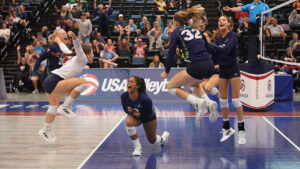 USA Volleyball Education is focused on improving developmental and educational opportunities across the sport of volleyball from grassroots to the national team level. Our goal is to provide the opportunity to access, complete and apply high-quality information and methods in the technical, tactical, physical and emotional aspects of the game for athletes and coaches while providing training, support and resources for other key stakeholders including officials, parents and clubs.
USA Volleyball Education is focused on improving developmental and educational opportunities across the sport of volleyball from grassroots to the national team level. Our goal is to provide the opportunity to access, complete and apply high-quality information and methods in the technical, tactical, physical and emotional aspects of the game for athletes and coaches while providing training, support and resources for other key stakeholders including officials, parents and clubs.
For years, the focus of volleyball in many areas and across various levels shifted to a mindset of winning at all costs.
What we now know is that the most successful teams in the world have developed a model of training and a culture that supports a holistic approach to athlete development which not only sets them up for competitive success on the court, but values and emphasizes the important of athlete health, well-being and long-term involvement in the sport.
The USA Volleyball Development Model was created based on the idea that volleyball in the U.S. could be taught differently, resulting in long-lasting positive outcomes across all measures of performance while keeping kids involved and loving the game longer.
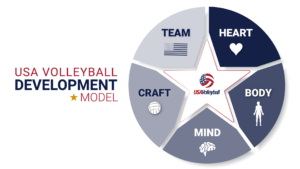
The five pillars of the USA Volleyball Development model provide the basis for a holistic approach to the core elements that are vital to supporting development at every level and across age groups.
USA Volleyball Education is committed to providing support for the volleyball community with a role-based approach to education and training. Whether you’re planning practices, cheering from the stands or making the right call, we provide the tools and resources to help you succeed.
USA Volleyball partner Sports Imports has provided USA Volleyball coaches with drills for use with their Trainer+ and The Vertec.
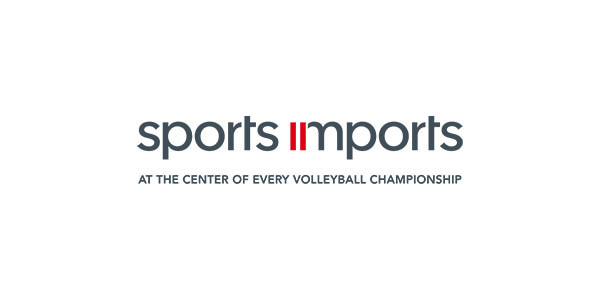

As a volleyball coach, you play a large role in your athletes’ lives, and helping them set realistic, meaningful goals as a team and as individuals is one of the most important parts of a successful season.

Social media usage amongst young athletes is all but guaranteed, and as a coach, you have the difficult task of ensuring that your athletes are using it to enhance team culture rather than spread negativity. It’s tempting to ignore how athletes approach social media, but because it’s a primary method of communication for many of them, it needs to be part of the team culture conversation.

How can a volleyball player position oneself for meaningful NIL opportunities? Spending time making a plan before becoming a time-strapped college athlete is a great place to start! Ready to jump in? Let’s go.
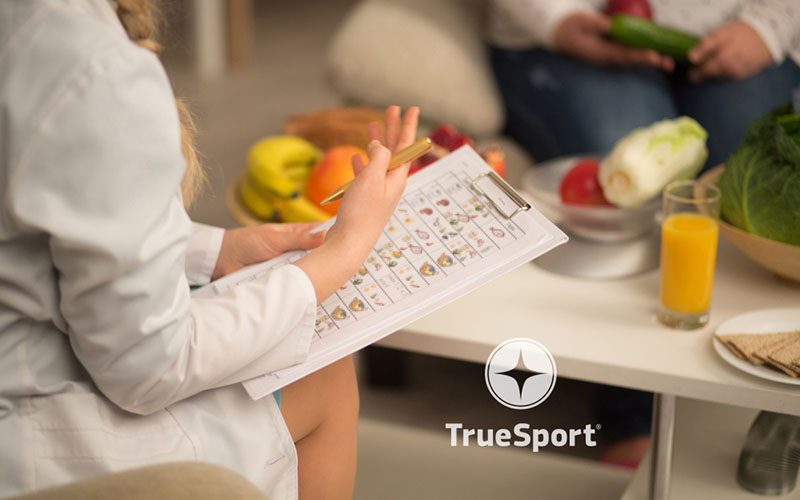
From an offhand comment about what an athlete is eating for breakfast on race day to referring to one athlete on the team as having ’the right build for the sport,’ even casual references to an athlete’s body can have long-term consequences. TrueSport Expert and licensed clinical psychologist Dr. Melissa Streno has recommendations around what to avoid saying or discussing when it comes to eating habits, praise during practice or competition and social media.
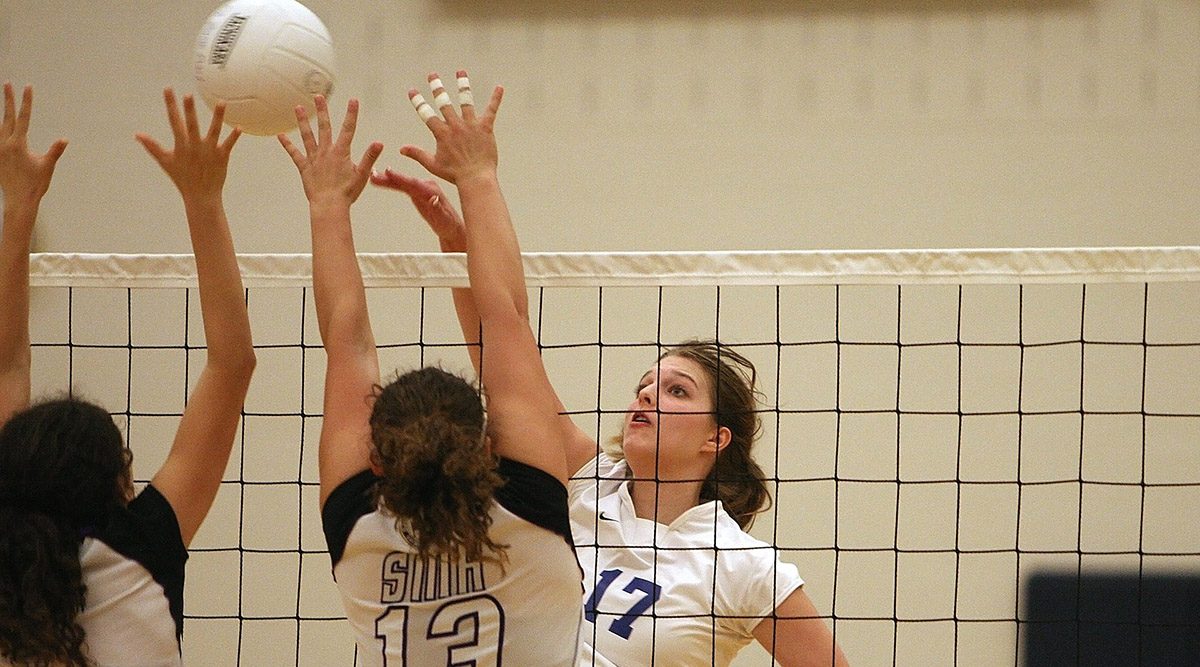
For most, participating in NIL is not a handout but rather a part-time job. It requires dozens, if not hundreds, of hours of research, strategic planning and outreach to be successful. Thus far, the most successful non high-profile athletes have taken the initiative in creating NIL deals for themselves.

USA Volleyball partner Sports Imports has provided USA Volleyball coaches with drills for use with their Trainer+ and The Vertec.
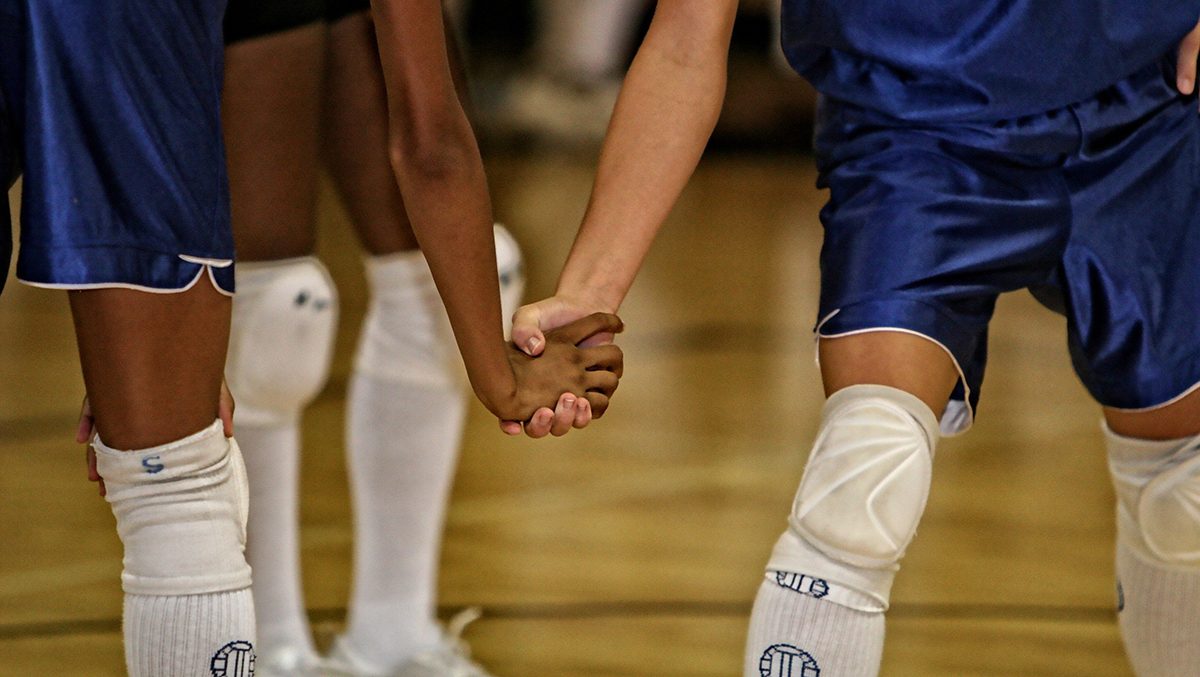
TrueSport Experts Kevin Chapman, PhD, clinical psychologist and founder of The Kentucky Center for Anxiety and Related Disorders, and Nadia Kyba, MSW, the president of Now What Facilitation, share a few important ways that you can help athletes navigate traumatic times and become better prepared for moments like these.
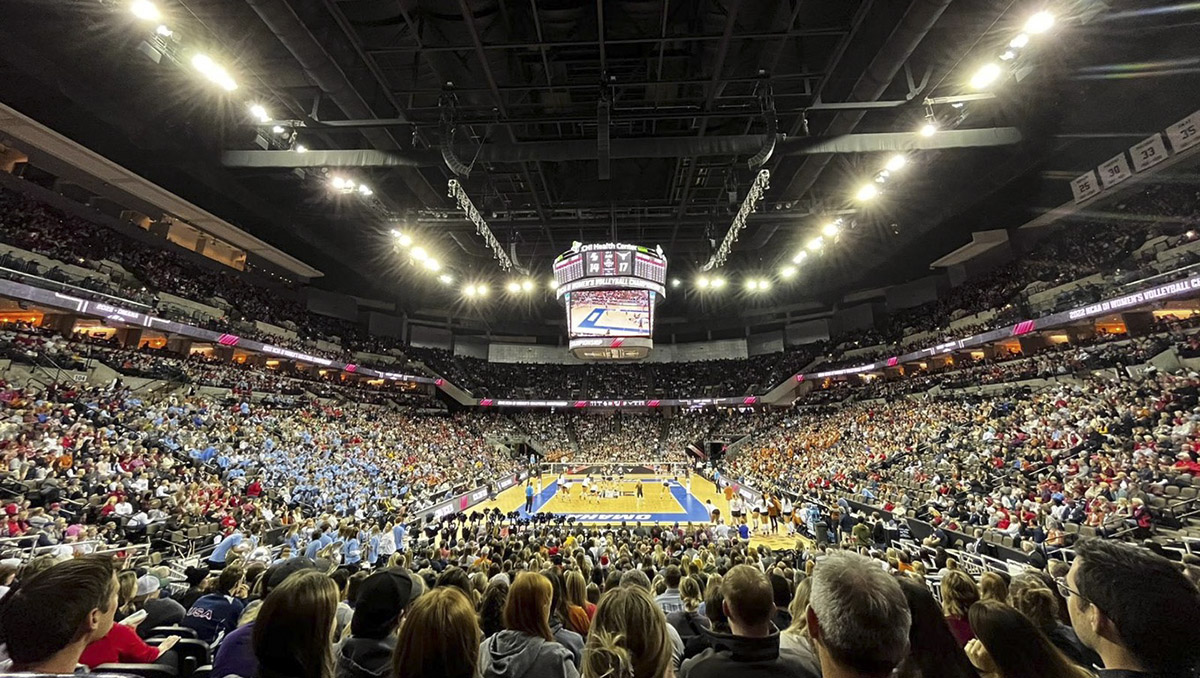
What does NIL really mean and why does it matter? In legal language, name, image, and likeness make up the three pieces of one’s “right to publicity." Michelle Meyer of the NIL Network shares the basics to understanding what NIL means for athletes.
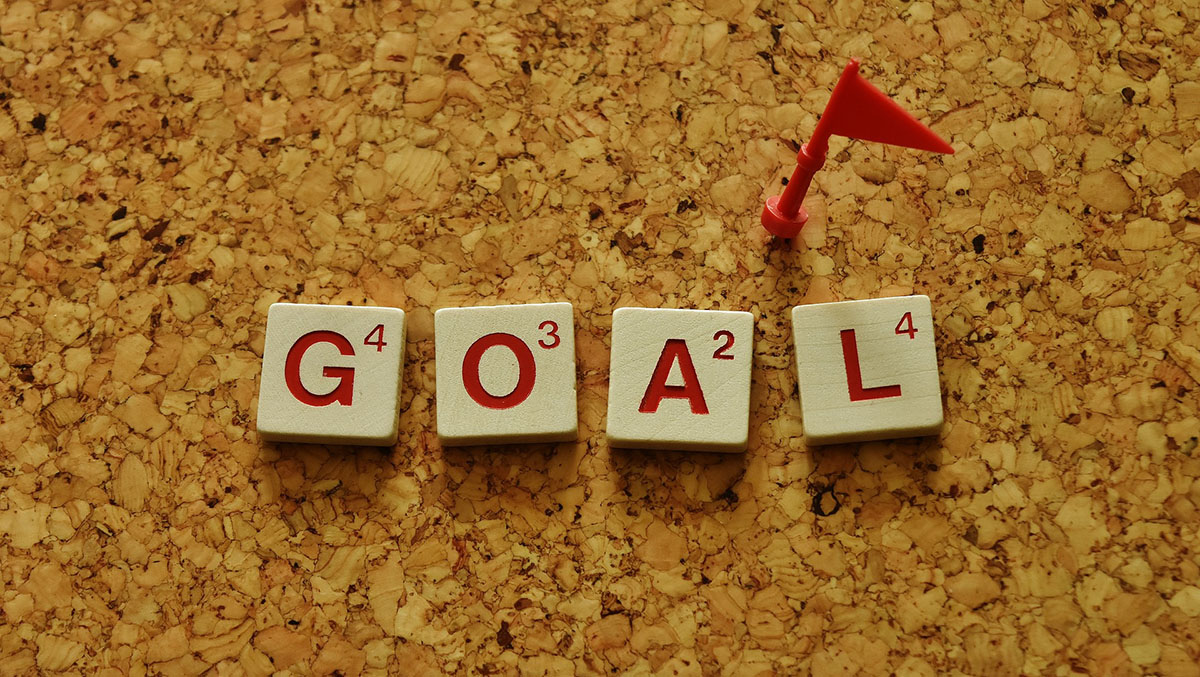
Setting goals outside of sport is important because we want young athletes to not over-identify as athletes, or put too much emphasis into a sport. Learn more about how to help your child set goals that don't involve the volleyball court.
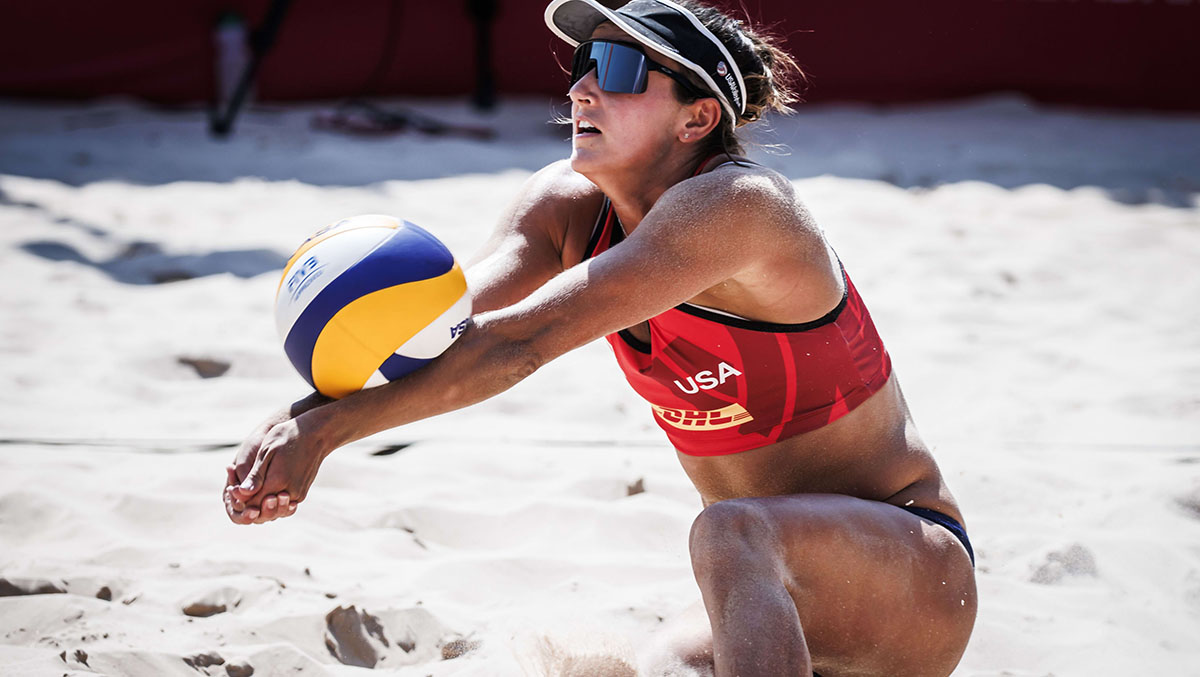
In the Fundamental Beach Skills module within the USA Volleyball Coach Academy, educational provider Beach Nation shares examples of cues, drills and best practices related to coaching fundamental beach skills. Check out this excerpt from the full module.
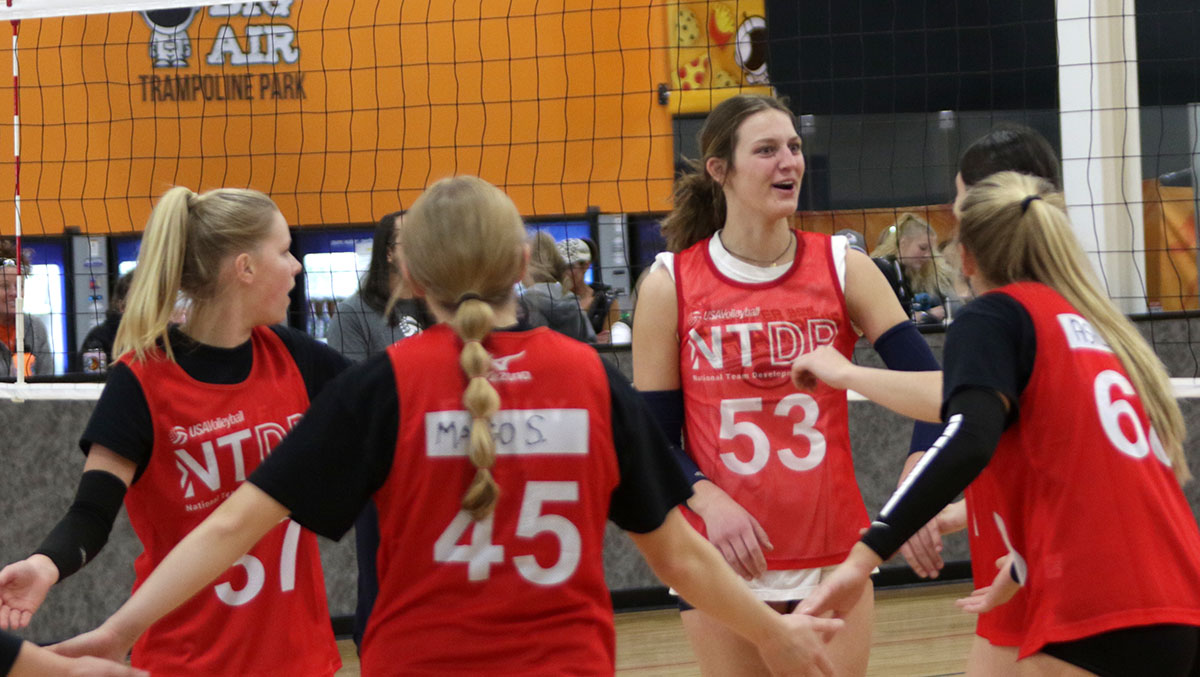
While perseverance sounds like a very serious skill, it can be fun to learn for your young athletes if you make persisting through tough challenges into a playful activity. These activities for every age group will spark conversations around perseverance while encouraging experimentation and play.
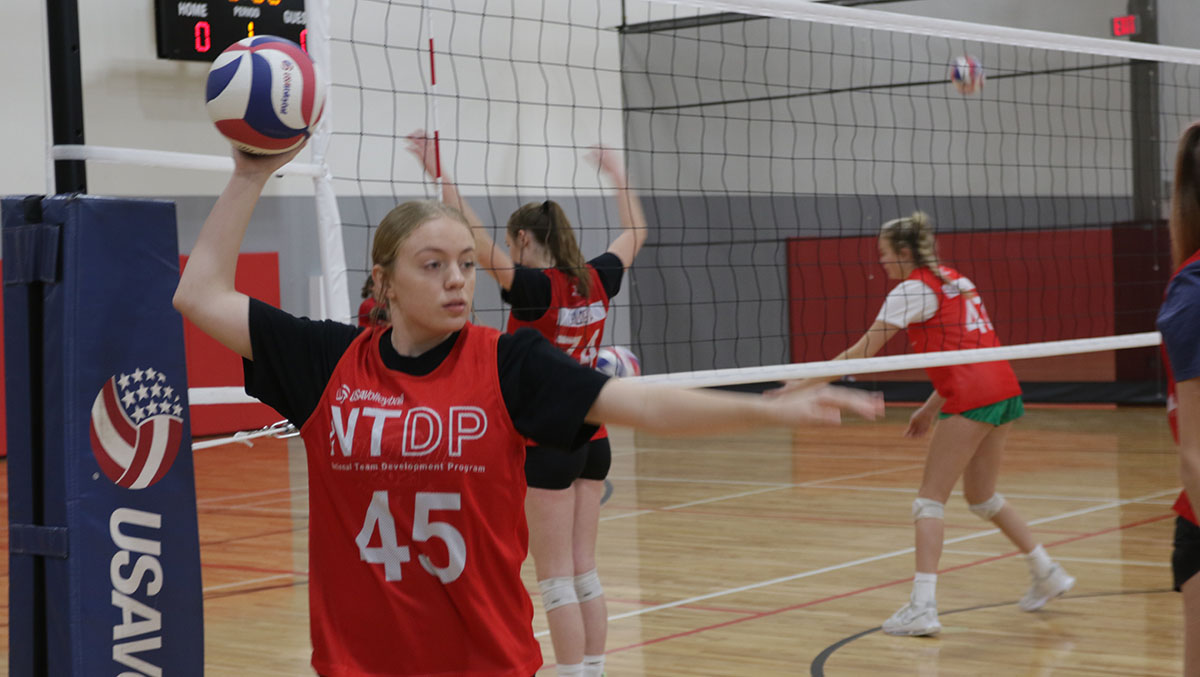
When you coach a young athlete who’s shown ‘natural talent’ or who has committed to one sport, it can be tricky to handle their expectations for their future in sport. Check out these tips on how to handle early high performers and their expectations around success and perceived failures.
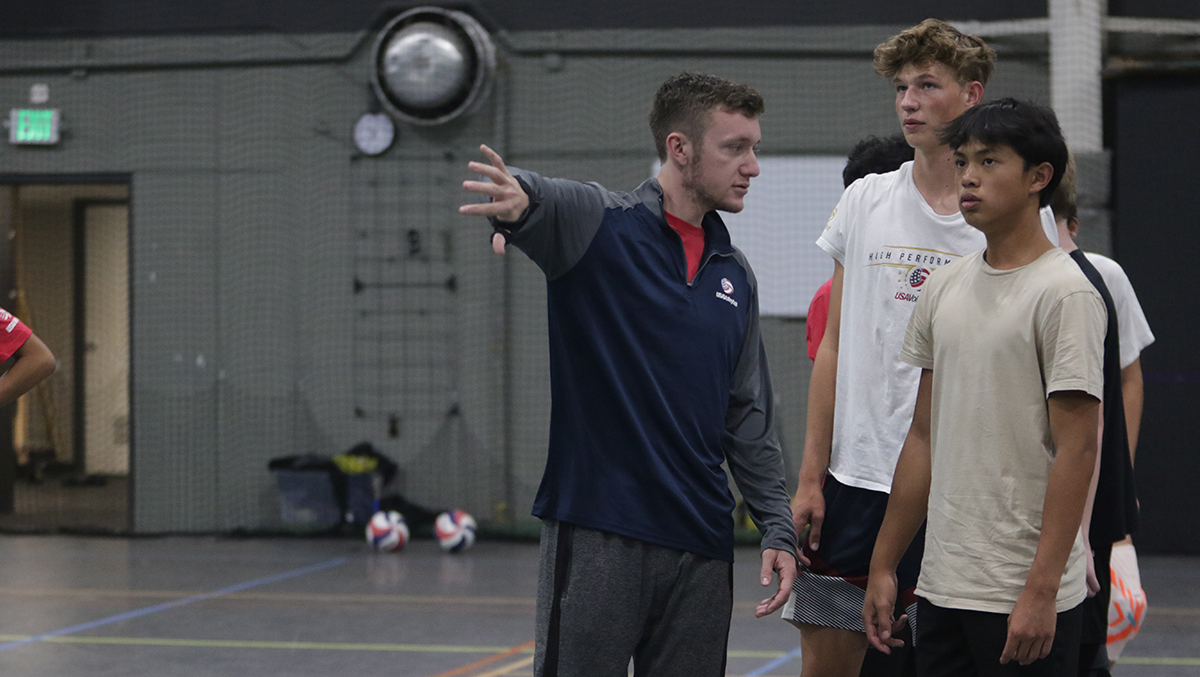
A strong team ensures that every member is receiving necessary feedback—but also feels appreciated and valued. It’s easy to point out what an athlete did wrong in a critical moment during a game. Is there something you could do instead?
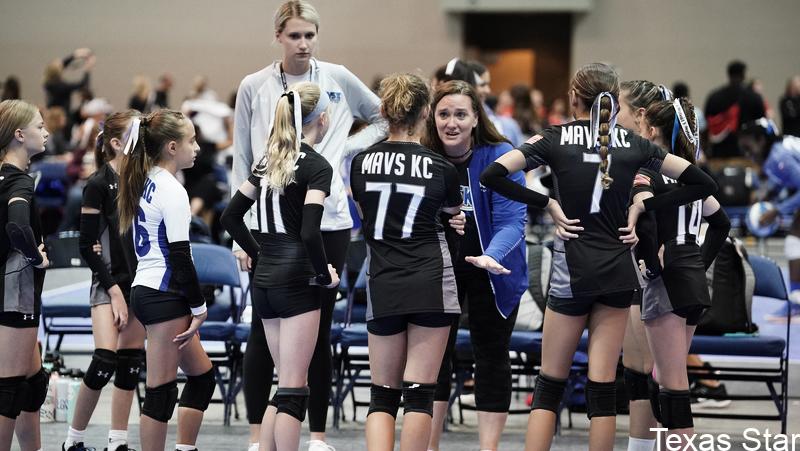
In coaching, the only constant is change. Nearly every coach will eventually hit a point in a season or school year where change is coming or needed. This article gives advice on how coaches can help empower your athletes to be true leaders on the team, and navigate big and small changes.
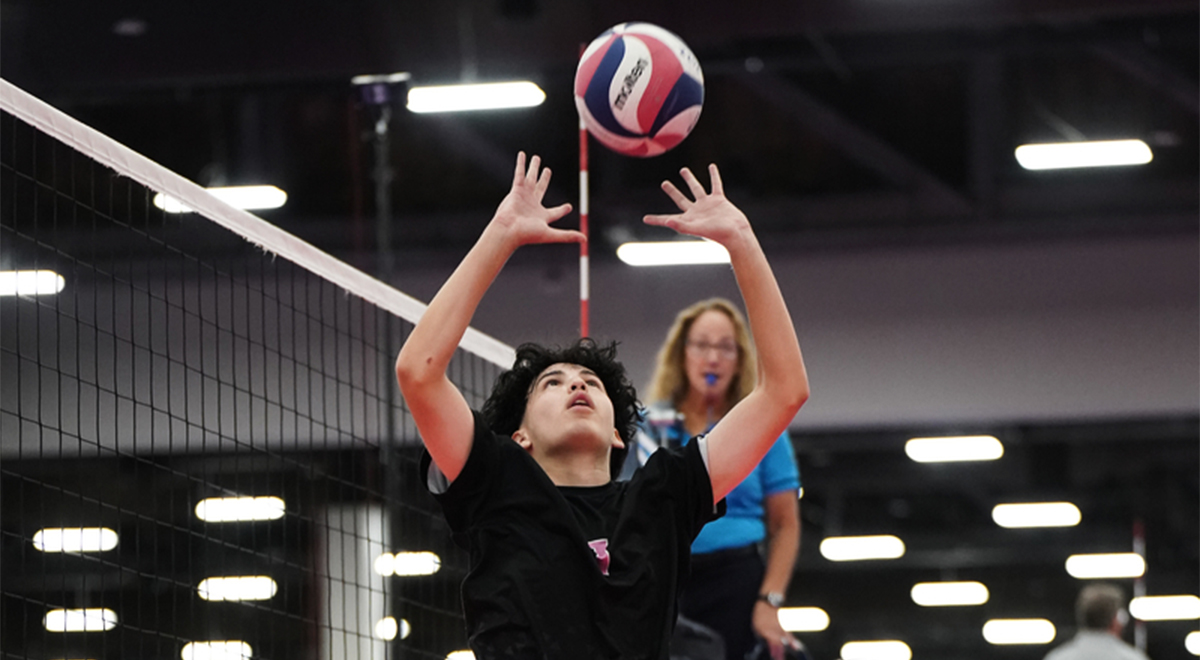
Research shows that early specialization is unnecessary and may hurt athletes and their performances. Here are five things to know about sport specialization in younger athletes.
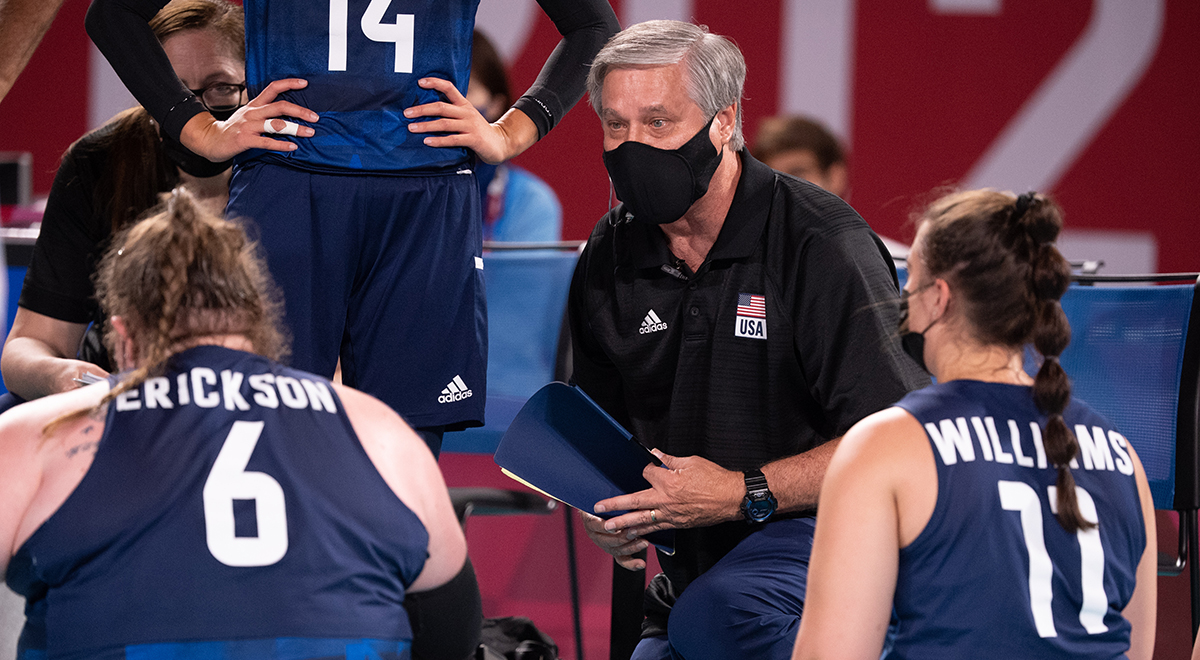
It is critical that coaches develop the person, not the athlete. Developing the person allows the athletic skills to grow, but the opposite is not necessarily a guarantee.
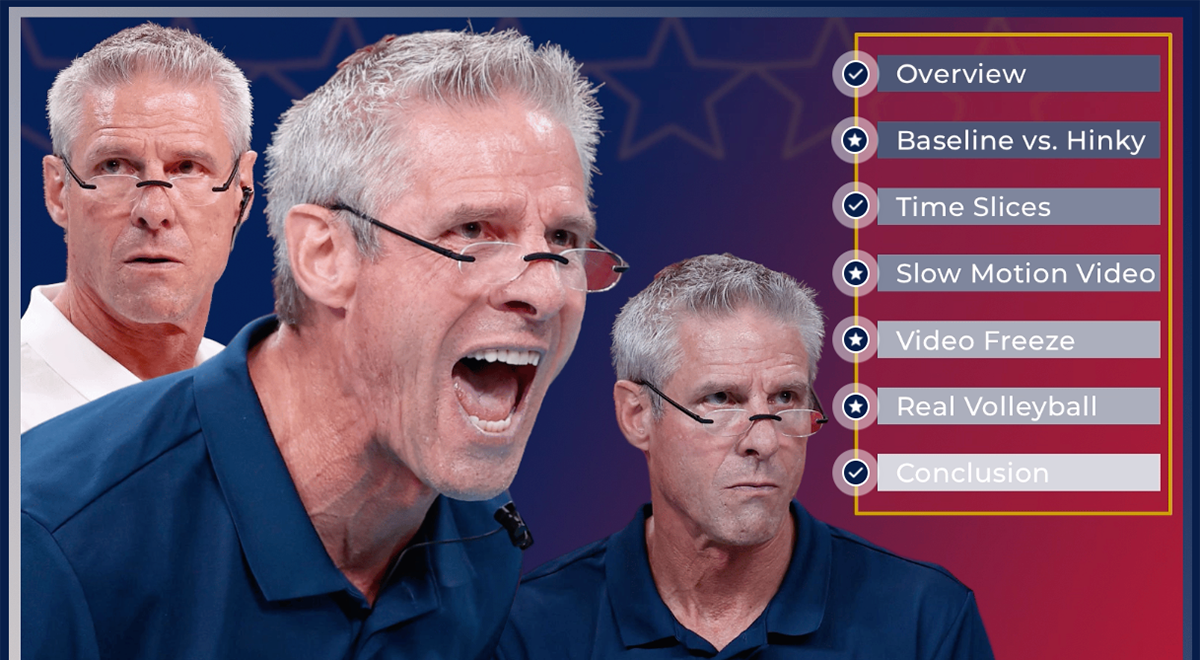
Reading is a critical skill for volleyball athletes and coaches. This excerpt from an upcoming Coach Academy module will describe what reading is and how coaches can teach it to their athletes.
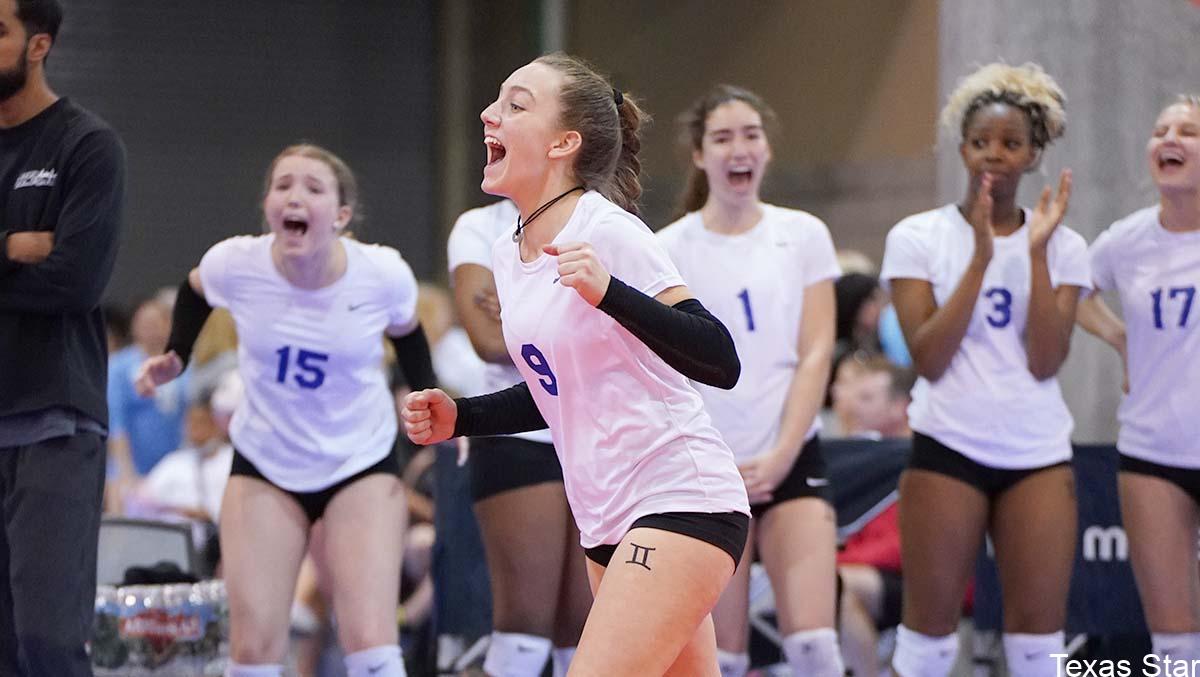
June 15 is the initial contact date for volleyball college coaches at the NCAA Division I and Division II levels to reach out to rising juniors. Once this date hits, more direct communication can begin between college coaches and the student-athletes. What does that mean? We’ll go through five things to know about June 15.
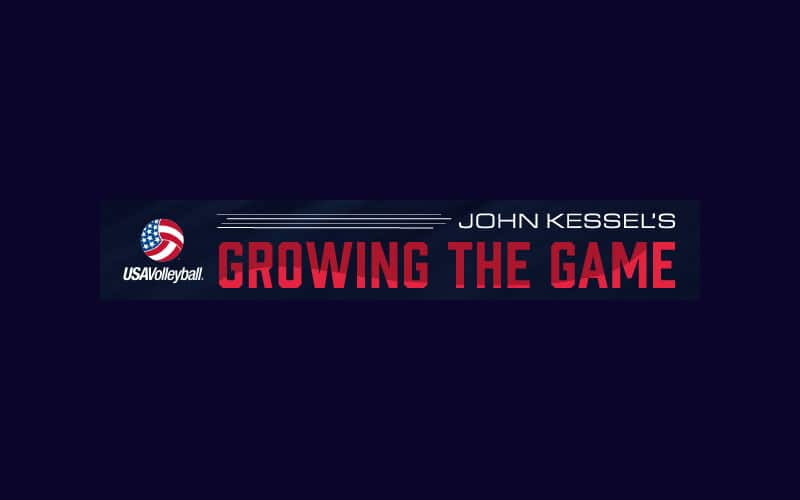
Watching the kids in a small indoor gym training over three nets, I thought of all the lines we put kids into, the way we ignore the net, the way we inflict pain via the forearm pass and the way 6v6 is experienced by beginners. I get angry inside at knowing billions of kids over my lifetime have walked away from our sport for a lifetime because their introduction to the game is BORING. We must do better when we introduce this sport.
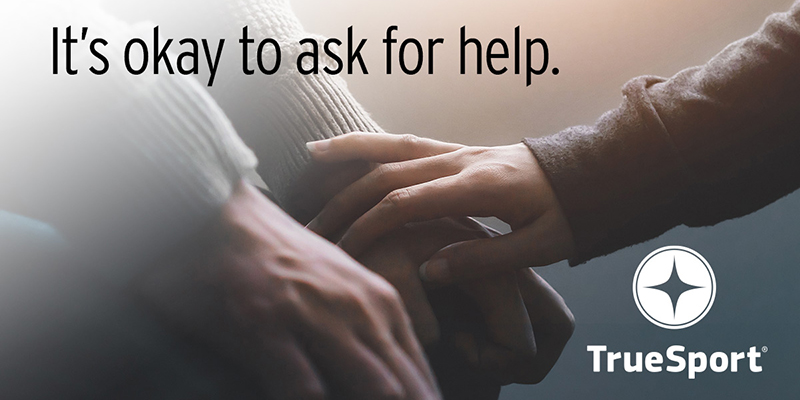
Mental wellness can be difficult for parents, coaches and other guardians to cope with when it comes to young athletes. Is a bad grade on a test just because an athlete didn’t study, or is it a sign of something deeper? Coaches and parents should be on the lookout for signs that an athlete’s mental health is suffering, and while they may not be equipped to help the athlete, guardians can help connect an athlete with the right professionals.
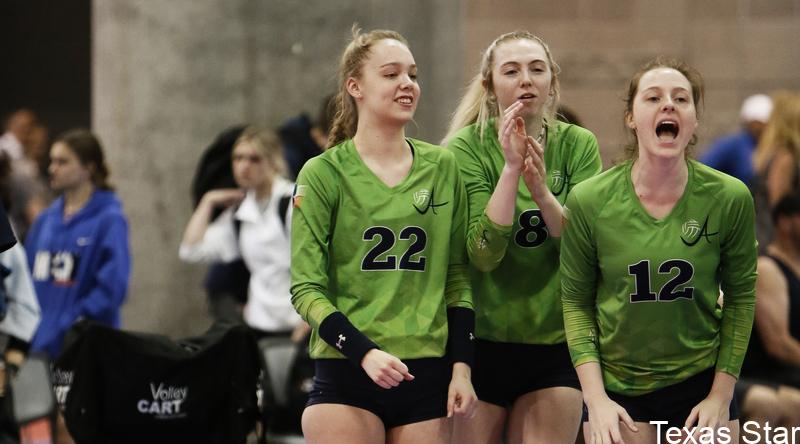
Every year, student-athletes participate in summer camps, combines, tournaments and showcases to sharpen their skills and gain exposure to college coaches. College coaches value the opportunity to evaluate a player multiple times on video as well as in person. Attending these types of events can be a crucial step in your recruiting process, but they can be costly and time consuming, so make them worth your while.